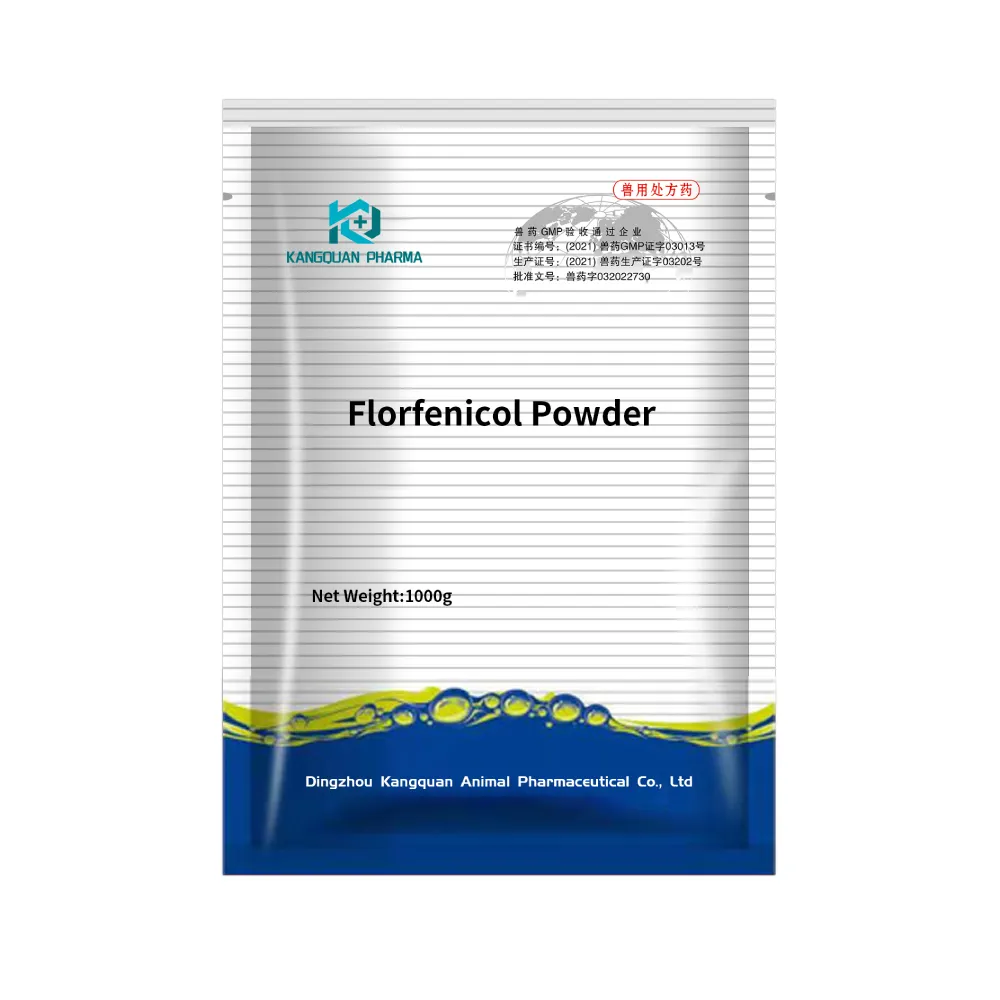- Afrikaans
- Albanian
- Amharic
- Arabic
- Armenian
- Azerbaijani
- Basque
- Belarusian
- Bengali
- Bosnian
- Bulgarian
- Catalan
- Cebuano
- Corsican
- Croatian
- Czech
- Danish
- Dutch
- English
- Esperanto
- Estonian
- Finnish
- French
- Frisian
- Galician
- Georgian
- German
- Greek
- Gujarati
- Haitian Creole
- hausa
- hawaiian
- Hebrew
- Hindi
- Miao
- Hungarian
- Icelandic
- igbo
- Indonesian
- irish
- Italian
- Japanese
- Javanese
- Kannada
- kazakh
- Khmer
- Rwandese
- Korean
- Kurdish
- Kyrgyz
- Lao
- Latin
- Latvian
- Lithuanian
- Luxembourgish
- Macedonian
- Malgashi
- Malay
- Malayalam
- Maltese
- Maori
- Marathi
- Mongolian
- Myanmar
- Nepali
- Norwegian
- Norwegian
- Occitan
- Pashto
- Persian
- Polish
- Portuguese
- Punjabi
- Romanian
- Russian
- Samoan
- Scottish Gaelic
- Serbian
- Sesotho
- Shona
- Sindhi
- Sinhala
- Slovak
- Slovenian
- Somali
- Spanish
- Sundanese
- Swahili
- Swedish
- Tagalog
- Tajik
- Tamil
- Tatar
- Telugu
- Thai
- Turkish
- Turkmen
- Ukrainian
- Urdu
- Uighur
- Uzbek
- Vietnamese
- Welsh
- Bantu
- Yiddish
- Yoruba
- Zulu
Dec . 12, 2024 09:50 Back to list
veterinary amoxicillin injection
Veterinary Amoxicillin Injection A Comprehensive Overview
Amoxicillin, a widely recognized antibiotic belonging to the penicillin group, is commonly utilized in veterinary medicine to treat various bacterial infections in animals. Veterinarians often administer this medication through injection, providing a more direct and efficient way to deliver the drug into the bloodstream, especially for animals that may not tolerate oral medication well.
Mechanism of Action
Amoxicillin functions by inhibiting the synthesis of bacterial cell walls, rendering them unable to multiply and causing eventual cell death. This broad-spectrum antibiotic is effective against a variety of bacteria, including both gram-positive and certain gram-negative organisms. When administered via injection, Amoxicillin provides rapid therapeutic concentrations in the bloodstream, ensuring effective eradication of the infection-causing pathogens.
Indications for Use
Veterinary amoxicillin injections are commonly prescribed for numerous conditions, including but not limited to
1. Skin Infections Bacterial skin infections, such as pyoderma, can benefit greatly from amoxicillin treatment. 2. Respiratory Infections Conditions like pneumonia or bronchitis in pets often require antibiotic therapy to target bacterial pathogens. 3. Urinary Tract Infections (UTIs) Amoxicillin can effectively treat UTIs in various animal species, helping to alleviate discomfort and prevent further complications. 4. Soft Tissue Infections Infections involving soft tissues, such as abscesses, often necessitate the use of antibiotics to control infection and support healing. 5. Post-Surgical Infections After surgical procedures, the risk of infection can be elevated; administering amoxicillin can help safeguard against potential bacterial complications.
Administration and Dosage
veterinary amoxicillin injection

The dosage of veterinary amoxicillin injection largely depends on the type of animal being treated, its weight, and the severity of the infection
. Veterinarians typically calculate the appropriate dosage based on established guidelines and the individual needs of the patient. Injections can be administered intramuscularly or subcutaneously, depending on the situation and the veterinarian’s preference.It's crucial for pet owners to follow the veterinarian's instructions regarding dosage and frequency of administration. Completing the full course of antibiotics, even if the animal appears to have improved, is essential to prevent the development of antibiotic-resistant bacteria.
Side Effects and Considerations
While veterinary amoxicillin injections are generally safe and effective, potential side effects may occur. Common reactions can include gastrointestinal disturbances, such as diarrhea or vomiting. In rare cases, animals may experience allergic reactions, which could manifest as itching, swelling, or difficulty breathing. If any adverse reactions are observed, pet owners should contact their veterinarian immediately for further guidance.
Furthermore, it’s important to consider potential interactions with other medications the animal may be receiving. A thorough medical history should be provided to the veterinarian before treatment. Additionally, pets with known allergies to penicillin or its derivatives should receive alternative treatments.
Conclusion
Veterinary amoxicillin injection is a valuable tool in the management of bacterial infections in animals. Its efficacy, combined with a broad spectrum of activity, allows veterinarians to address various health concerns effectively. Pet owners must remain vigilant, adhering to prescribed treatment plans and monitoring their pets for any unusual reactions.
By understanding the purpose and applications of veterinary amoxicillin injections, pet owners can make informed decisions regarding their animal’s health care, ensuring their furry companions receive the best possible treatment when needed. Always consult a qualified veterinarian for tailored advice and recommendations related to antibiotic use in animals.
-
Guide to Oxytetracycline Injection
NewsMar.27,2025
-
Guide to Colistin Sulphate
NewsMar.27,2025
-
Gentamicin Sulfate: Uses, Price, And Key Information
NewsMar.27,2025
-
Enrofloxacin Injection: Uses, Price, And Supplier Information
NewsMar.27,2025
-
Dexamethasone Sodium Phosphate Injection: Uses, Price, And Key Information
NewsMar.27,2025
-
Albendazole Tablet: Uses, Dosage, Cost, And Key Information
NewsMar.27,2025













